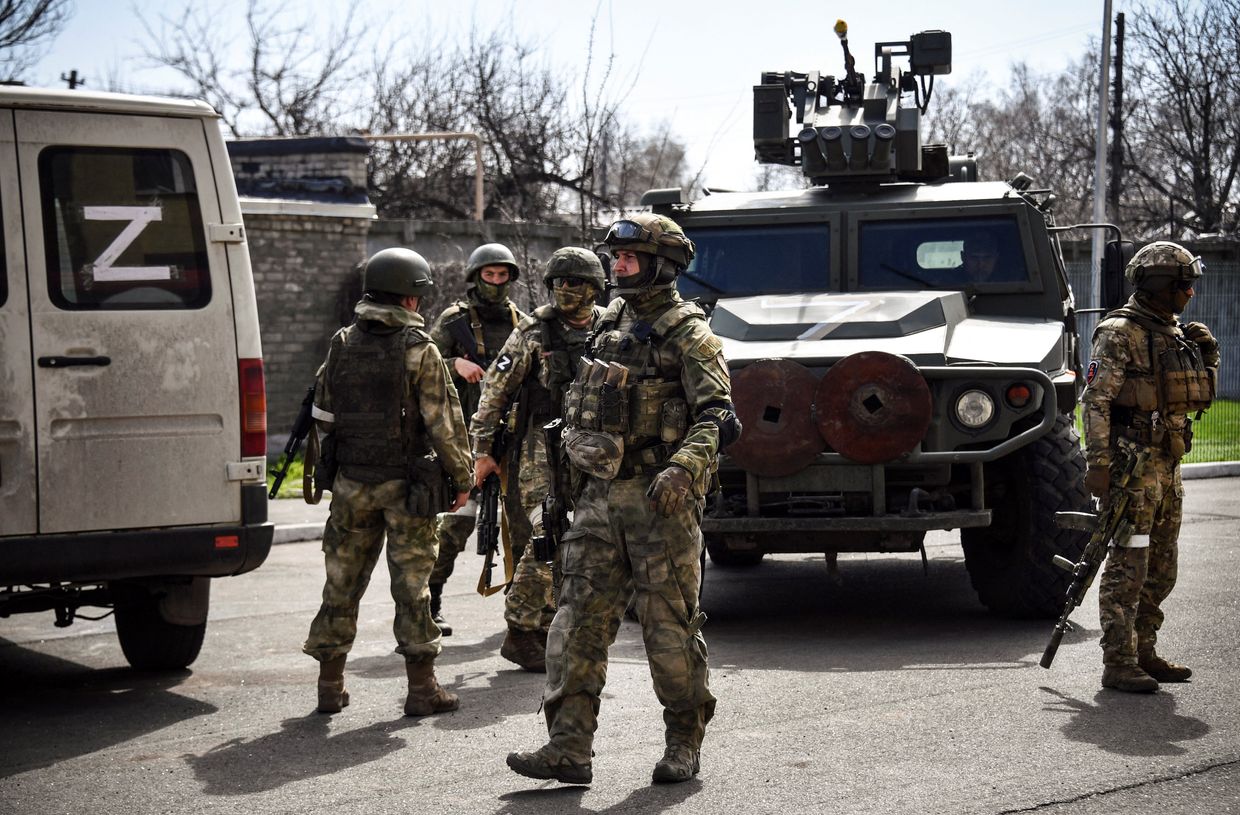Russian oppositioner Navalny killed 'by poisoning,' widow cites Western labs

Laboratories in two unnamed Western countries concluded that Russian opposition leader Alexei Navalny was killed by poisoning, his widow Yulia Navalnaya said on Sept. 17.
Navalny, a fierce critic of Russian President Vladimir Putin, died on Feb. 16, 2024, in a penal colony in Kharp beyond the Arctic Circle where he was serving a lengthy prison sentence.
Navalnaya said the politician's team managed to secure biological samples of her deceased husband and transport them abroad.
"Laboratories in at least two countries, independently of each other, conducted research on these samples," she said in a video. "Alexei had been killed, specifically by poisoning."
The widow accused Western governments of slowing down the investigation for political reasons and urged the laboratories to publish their findings.
"A Russian citizen was killed on Russian territory. All the evidence is also there. Western countries have no legal grounds to initiate and pursue criminal proceedings. And then there are political reasons," she added.
Navalnaya also presented testimony from five employees of the Kharp penal colony, which she said helped reconstruct the details of her husband's death.
Senior inspector Anton Nemtsov said Navalny complained of feeling unwell during a walk and was returned to his cell, later being carried unconscious to the medical office.
Resuscitation began more than 40 minutes after his collapse.
Another staff member, Ruslan Tsoi, deputy head of the medical unit, testified that the ambulance diagnosed "convulsive syndrome, sudden death syndrome."
Navalnaya argued that the convulsions indicated poisoning.
The widow also showed a photo of Navalny's cell with traces of vomit and pointed out that despite the presence of surveillance cameras in the facility, no footage has been released.
"Apparently, there is something in these recordings that does not fit with the official version. Otherwise, they would be shown repeatedly on all central television channels," Navalnaya said.
Navalny rose to prominence by exposing corruption through his Anti-Corruption Foundation and repeatedly faced arrests, imprisonment, and assassination attempts.
His 2020 poisoning with a Novichok nerve agent had already drawn international outrage.
After Navalny's death, Putin said he had agreed to exchange him for prisoners — mostly Russian spies held in Western countries — "but, unfortunately, what happened, happened."
Since Moscow launched its full-scale invasion of Ukraine in 2022, Russian authorities have further escalated their crackdown on opposition figures.












